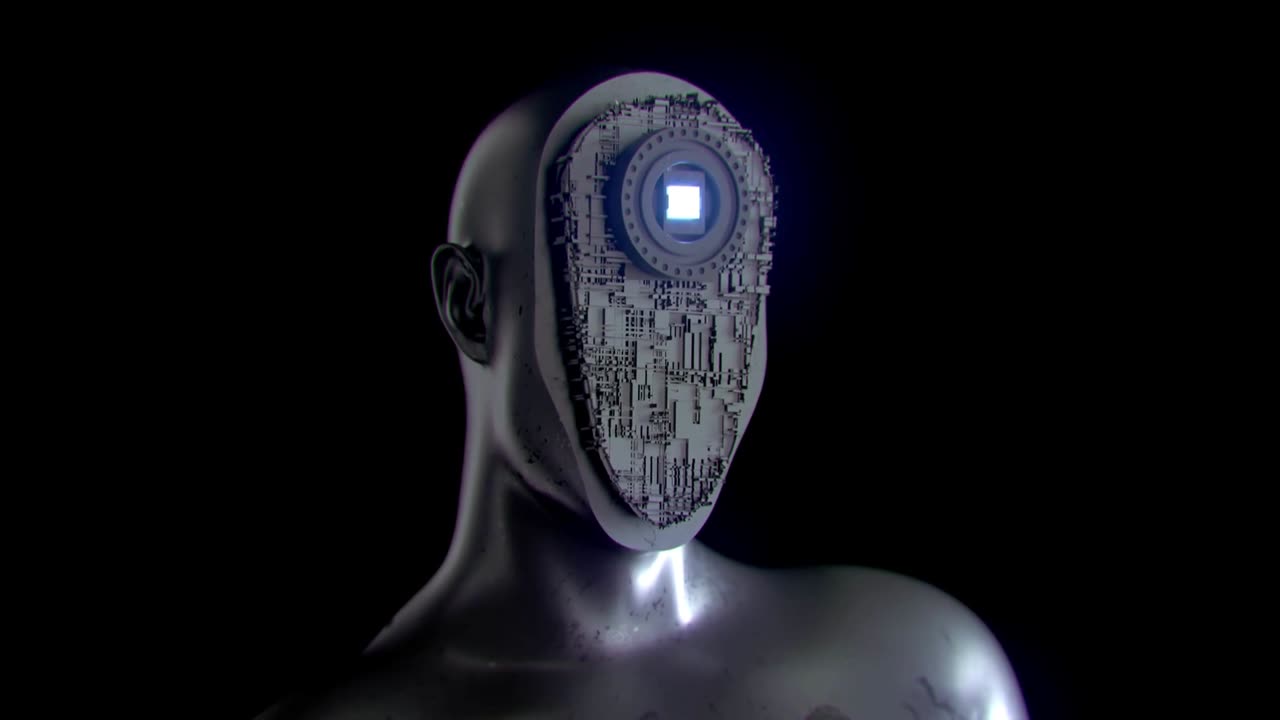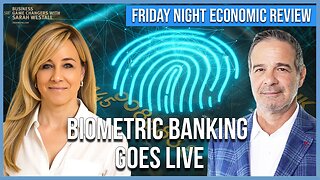Premium Only Content

The central obstacle to the future development of quantum computers
#Researchers at @Princeton University have developed a method that can reveal the location of errors in #quantumcomputers, making them up to 10 times easier to correct. This will significantly #accelerate #progress towards large-scale #quantumcomputers capable of tackling the world's most challenging computational problems. The team led by Jeff #Thompson demonstrated a way to identify when errors occur in #quantum #computers more easily than ever before. This is a new direction for quantum computing hardware, which more often seeks to simply lower the probability of an error occurring in the first place.
Physicists have been inventing new #qubits—the #core #component of quantum computers—for nearly three decades, and steadily improving those qubits to be less fragile and less prone to error. However, some errors are inevitable no matter how good qubits get. The central obstacle to quantum computers' future development is to correct these errors. To correct an error, you first have to figure out if an error occurred, and where it is in the #data. And typically, the process of checking for errors introduces more errors, which have to be found again.
Thompson's lab works on a type of quantum computer based on #neutral #atoms. Inside the ultra-high vacuum chamber that defines the computer, qubits are stored in the spin of individual #ytterbium atoms held in place by focused laser beams called optical #tweezers. In this work, a team led by graduate student Shuo Ma used 10 qubits to characterize the probability of errors, while first manipulating each qubit in #isolation, then manipulating pairs of qubits together. They found error rates near the state of the art for a system of this kind: 0.1% per operation for single qubits and 2 percent per operation for pairs of qubits.
The main result of the study is not only the low error rates, but also a different way to #characterize them without destroying the qubits. By using a different set of energy levels within the atom to store the qubit, compared to previous work, the researchers were able to monitor the qubits during the computation to detect errors in real time. This measurement causes the qubits with errors to emit a flash of light, while the qubits without #errors remain dark and unaffected.
The researchers believe that with the new approach, close to 98% of all errors should be detectable with #optimized #protocols, which could reduce computational costs of implementing error correction by an order of magnitude or more. https://phys.org/news/2023-10-illuminating-errors-paradigm-quantum.html
-
 34:08
34:08
Bannons War Room
3 hours agoMEGYN KELLY: Jimmy Kimmel and Sore Cultural Losers, and Charlie Kirk's Spiritual Revival, w/ Bannon
27.4K20 -
 59:27
59:27
NAG Podcast
3 hours agoBrandon Straka: BOLDTALK with Angela Belcamino
21.5K7 -
 59:43
59:43
Sarah Westall
1 hour agoVietnam Shuts down 86 Million Bank Accounts, The Fourth Turning & more w/ Andy Schectman
160 -
 LIVE
LIVE
Flyover Conservatives
8 hours agoMary Flynn O’Neill and Clay Clark: The Church Must Rise or America Falls | FOC Show
208 watching -
 LIVE
LIVE
I_Came_With_Fire_Podcast
10 hours agoThe Global ANTIFA Connection You've Never Heard Of | The Israel Question
236 watching -
 16:38
16:38
RTT: Guns & Gear
18 hours ago $0.06 earnedExtar EP9 Review: The Best Budget 9mm PCC?
1563 -
 7:53
7:53
Rethinking the Dollar
11 hours agoMass Firings in Tech: The Real Agenda Behind 166,000 Cuts
2801 -
 1:02:28
1:02:28
BonginoReport
5 hours agoFeds Monitor Threats Ahead of Kirk Memorial - Nightly Scroll w/ Hayley Caronia (Ep.138)
212K124 -
 55:51
55:51
Candace Show Podcast
4 hours agoWho Moved The Camera Right Above Charlie's Head? | Candace Ep 239
71.1K461 -
 LIVE
LIVE
LFA TV
23 hours agoBREAKING NEWS ON LFA TV! | FRIDAY 9/19/25
593 watching